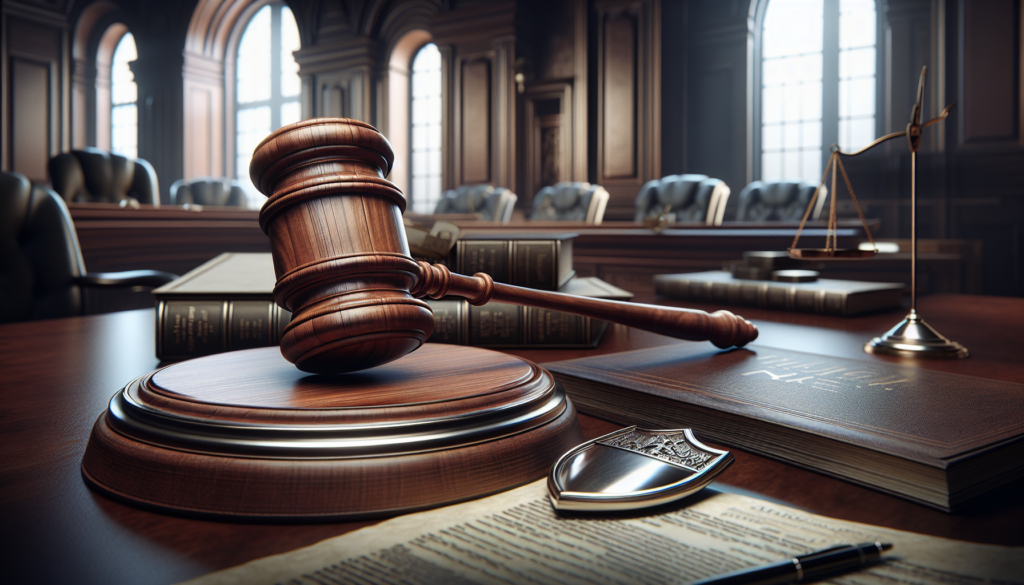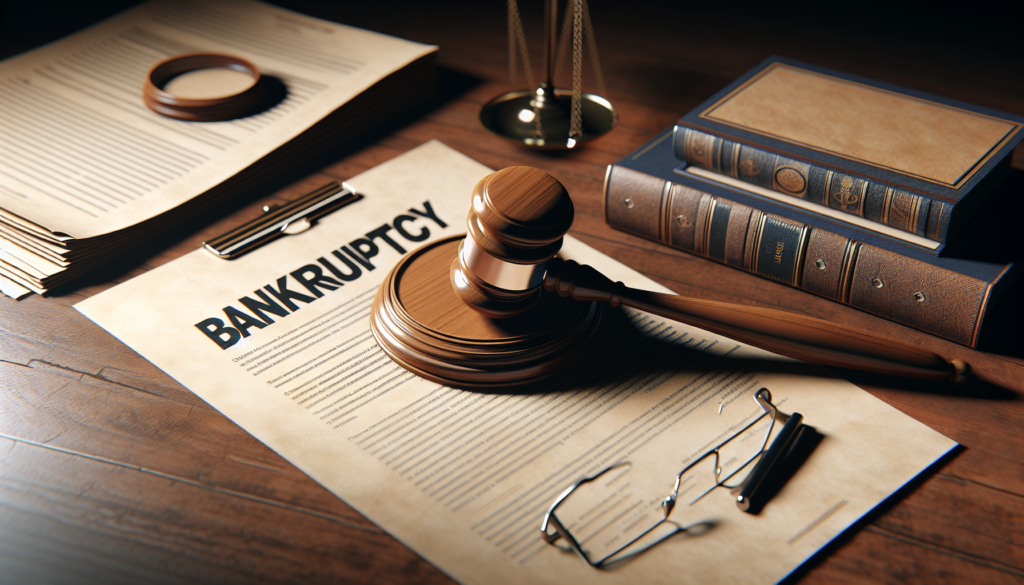The protection of your house and car when filing for bankruptcy depends on various factors, including the type of bankruptcy you file, the equity you have in these assets, and the exemptions available in your state. Here’s an overview of how your house and car may be protected in bankruptcy:
-
Chapter 7 Bankruptcy:
In Chapter 7 bankruptcy, often referred to as liquidation bankruptcy, the bankruptcy trustee may sell non-exempt assets to repay your creditors. However, most individuals who file for Chapter 7 bankruptcy can keep their primary residence and vehicle by utilizing exemptions provided by state law. Here’s how it works:
- Homestead Exemption: Each state sets its own homestead exemption, which allows you to protect a certain amount of equity in your primary residence. For example, if your home’s equity falls within the exemption limit, you can keep your home while discharging other unsecured debts through bankruptcy.
- Vehicle Exemption: Similarly, states offer exemptions for vehicles, allowing you to retain a certain amount of equity in your car. If the equity in your vehicle is within the exemption limit, you can keep it while eliminating other debts through bankruptcy.
- Reaffirmation Agreement: If you have secured debts like a mortgage or car loan and wish to retain the property securing the debt, you can enter into a reaffirmation agreement with the creditor. This agreement allows you to continue making payments on the debt and keep the property outside of the bankruptcy discharge.
-
Chapter 13 Bankruptcy:
Chapter 13 bankruptcy, also known as reorganization bankruptcy, allows individuals to create a repayment plan to pay off their debts over three to five years. This chapter offers additional protections for your house and car:
- Automatic Stay: Filing for Chapter 13 bankruptcy triggers an automatic stay, halting foreclosure proceedings on your home and repossession of your car. This provides breathing room to catch up on missed payments and restructure your debts under the court-approved repayment plan.
- Repayment Plan: Through Chapter 13 bankruptcy, you can include past due mortgage or car loan payments in your repayment plan. As long as you adhere to the plan and make timely payments, you can retain your home and car while satisfying your creditors.
- Equity Protection: Unlike Chapter 7 bankruptcy, where non-exempt assets may be sold to repay creditors, Chapter 13 allows you to keep all of your property. However, you must pay your unsecured creditors an amount equal to the value of any non-exempt property through the repayment plan.
-
Exemption Planning and State Laws:
The extent of protection for your house and car in bankruptcy depends heavily on state exemptions. Some states offer more generous homestead and vehicle exemptions than others, providing greater protection for these assets.
- State Exemptions: It’s essential to understand the exemptions available in your state and how they apply to your specific situation. Consulting with a bankruptcy attorney familiar with your state’s laws can help you maximize the protections available to you.
- Asset Protection Strategies: If your equity exceeds the available exemptions, strategic planning with a bankruptcy attorney may be necessary to safeguard your assets. This may involve utilizing wildcard exemptions, timing your bankruptcy filing strategically, or exploring alternative debt relief options.
Thus, while filing for bankruptcy can offer protections for your house and car, the specifics depend on various factors, including the type of bankruptcy, state exemptions, and your individual financial circumstances. Seeking guidance from a knowledgeable bankruptcy attorney can help you navigate the complexities of bankruptcy law and ensure the best possible outcome for your assets.
More Helpful Information:
Here are several websites that offer valuable resources and information about bankruptcy:
- United States Courts – Bankruptcy Basics: This official website provides comprehensive information about bankruptcy, including the different chapters of bankruptcy, the bankruptcy process, and frequently asked questions. It’s an excellent starting point for anyone seeking to understand the fundamentals of bankruptcy law. Bankruptcy Basics
- National Association of Consumer Bankruptcy Attorneys (NACBA): NACBA is a professional organization dedicated to serving the needs of consumer bankruptcy attorneys and their clients. Their website offers resources for individuals considering bankruptcy, including a “Find an Attorney” tool to locate qualified bankruptcy attorneys in your area. NACBA
- American Bankruptcy Institute (ABI): ABI is a leading research and education organization focused on bankruptcy law and practice. Their website features articles, publications, and research on various bankruptcy topics, providing valuable insights for individuals considering bankruptcy. ABI
- Legal Aid and Pro Bono Services: Many legal aid organizations and pro bono services offer free or low-cost legal assistance to individuals facing financial hardship, including bankruptcy-related matters. Websites such as LawHelp.org and ProBono.net provide directories of legal aid organizations by state, making it easier to find assistance in your area. org | ProBono.net
- National Foundation for Credit Counseling (NFCC): NFCC is a nonprofit organization that provides credit counseling, debt management, and financial education services to consumers. Their website offers resources for individuals struggling with debt, including tools to find accredited credit counseling agencies and educational materials on managing finances. NFCC
- BankruptcyData: BankruptcyData is a research platform that provides comprehensive information on bankruptcy filings, including recent bankruptcy cases, distressed companies, and bankruptcy statistics. While primarily aimed at investors and professionals, individuals may find useful insights into bankruptcy trends and developments. BankruptcyData
- Bankruptcy Law Network: This website features articles, blog posts, and forums on bankruptcy law and related topics. While not a substitute for legal advice, the content provides educational resources and insights into common bankruptcy issues and questions. Bankruptcy Law Network
These websites offer valuable resources and information for individuals considering bankruptcy, providing guidance, support, and access to professional assistance when navigating the complexities of bankruptcy law and financial distress.



Get a Free Bankruptcy Case Evaluation